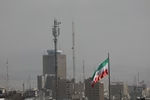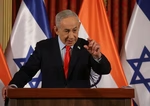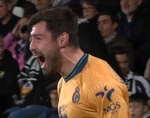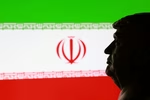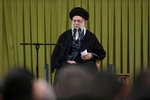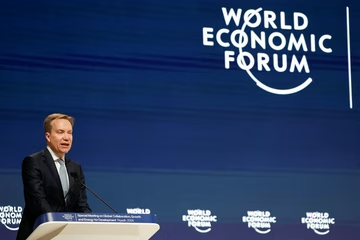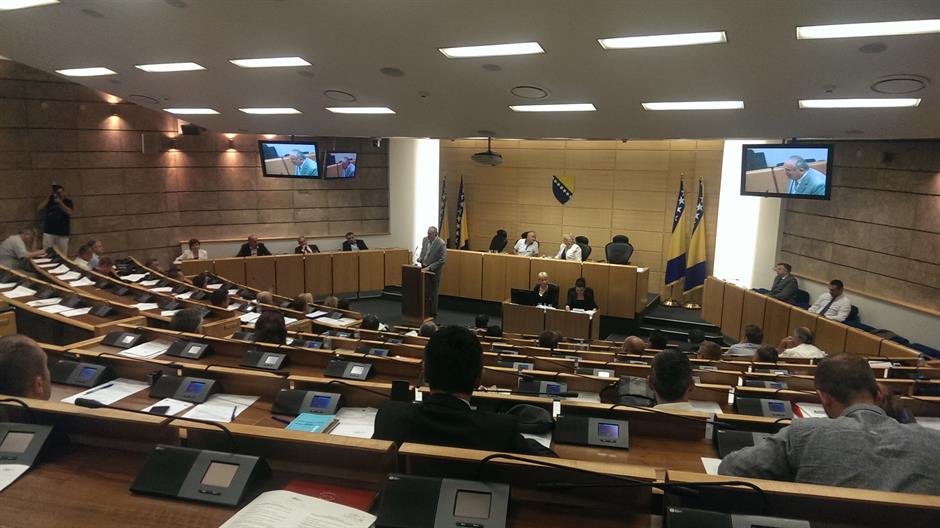
Croat members of the House of Representatives of the Federation entity (FBiH) will not take part in the extraordinary session discussing the law proposal treating the number of constituencies and number of mandates in the FBiH Parliament, said representatives of Croat parties in this chamber.
Two caucuses gathering Croat representatives – the Croat Democratic Union (HDZ BiH) and the Croat Democratic Union 1990 (HDZ 1990) refused to attend the session scheduled for Wednesday afternoon, saying they were not timely informed about the content of the law proposal, as stipulated by the parliament's regulations.
Head of HDZ 1990 Caucus Boro Kristo emphasized that they received the note during another session on the same day when the scheduled extraordinary session was supposed to be held, which was contrary to the Rules of Procedure.
Four parties – the Party of Democratic Action (SDA), the Alliance for Better Future (SBB), the Social Democratic Party (SDP) and the Democratic Front (DF), with support of the Our Party, agreed earlier on a law proposal that defines the geographical constituencies and the number of mandates in the Parliament of the FBiH, Bosnia's entity shared by Bosniaks and Croats, hoping they would solve current political crisis that hinders progress of the country.
Bosnia's state-level Election Law has been a burning issue since two years ago when the Constitutional Court ruled that some of its provisions were violating the state Constitution. One of the disputable provisions dictated that the Federation's cantons delegate at least one representative from each of the country's three main ethnic groups to the Federation's House of Peoples.
Another issue stems from the structure of the state. It is composed of two semi-autonomous entities – one dominated by the Serbs, the other shared by Bosniaks and Croats. Bosnia’s three-member presidency consists of a Serb chosen from the Serb-dominated entity called Republika Srpska (RS) entity, the other two from the Bosniak-Croat entity - Federation of Bosnia and Herzegovina (FBiH). However, because they are numerically almost four times stronger, Bosniaks can elect both the Bosniak and the Croat member in the entity the two share. This defies the Constitution which guarantees that each of the three groups can elect their own representatives.
A statement issued by HDZ Caucus on Wednesday said “Bosniak parties” proposed a solution that the Constitutional Court declared unconstitutional and in that way they “harshly ignore the Constitutional Court's decision.”
“The goal of Bosniak political parties is making Croat people politically completely irrelevant, which we find unacceptable, therefore we reject taking part in work of the House of Representatives until the Croat People's Assembly (HNS) declares on the matter,” said the Caucus.
HDZ 1990's Kristo deems the goal of the parties that submitted the law proposal was not solving the election law crisis but their election campaigning.
The crisis is permanent, it cannot get worse than it is now, added Kristo.
Head of HDZ Caucus Jozo Bagaric stated that the law proposal undermined the Constitution, adding that the HNS – an umbrella organization of Croat political parties in Bosnia and Herzegovina – will have the final on their further steps.
Kakvo je tvoje mišljenje o ovome?
Učestvuj u diskusiji ili pročitaj komentare





 Srbija
Srbija
 Hrvatska
Hrvatska
 Slovenija
Slovenija












